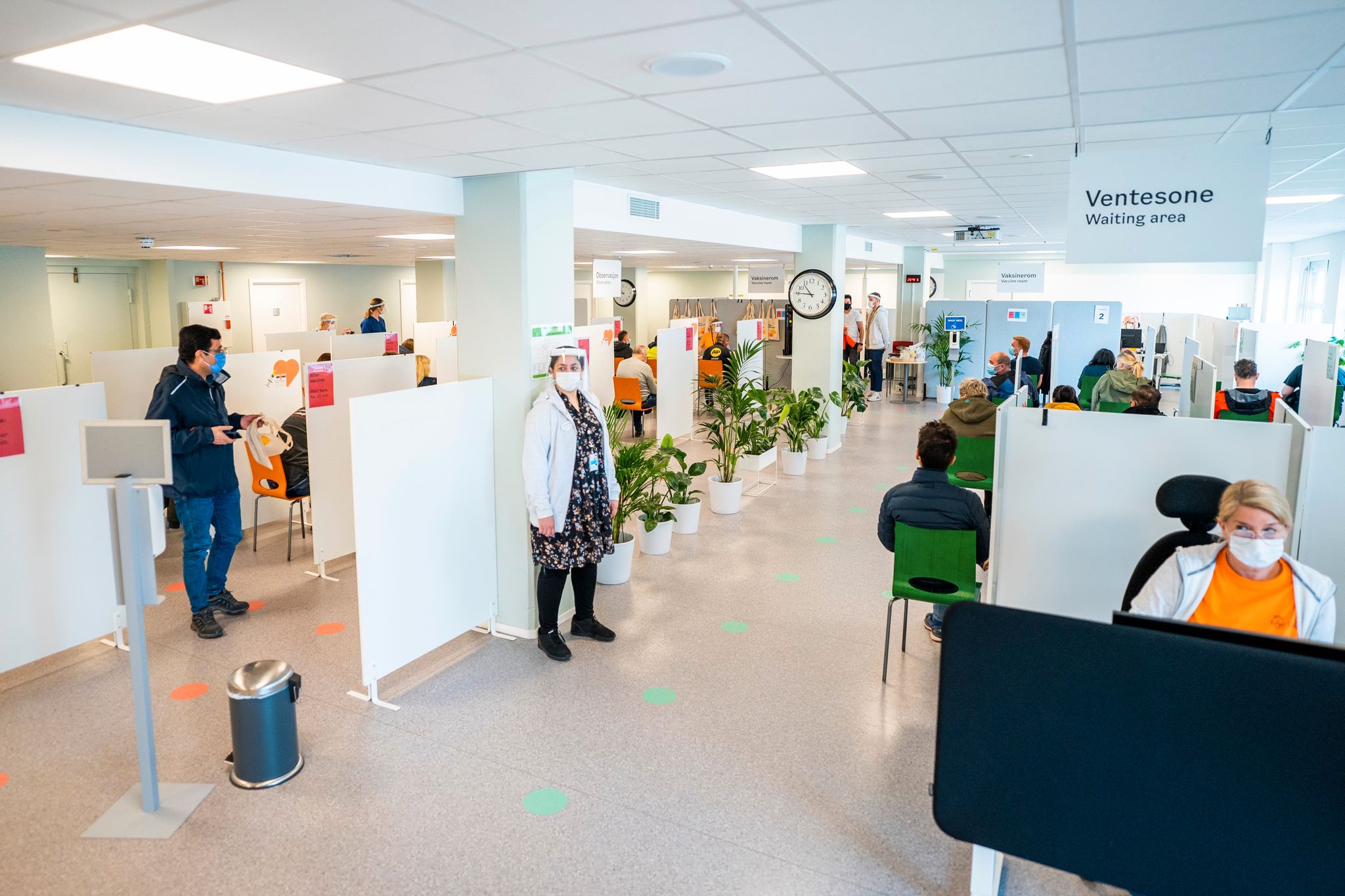The health service in Oslo has a surplus stock of tens of thousands of vaccine doses, which will soon expire. Now there is a “super volunteer” to set the doses before they are useless.
—
During the week starting August 9, 34,000 of Oslo’s vaccine doses will expire. The health service has now made a plan to distribute these to the districts, so the doses are set before they can no longer be used.
– It is a super hard work that takes place to get these vaccines, from the population to health personnel, says vaccine coordinator Anja Bergenhus in the district Nordre Aker.
The surplus stock is good news for several Oslo citizens. Several age groups are now informed that they can get their second dose before the schedule, in Nordre Aker up to four weeks earlier.
– We move those who have had classes in early September to next week. More residents can have their intervals shortened from 12 to 8 weeks, says Bergenhus.
However, this is not the case in all districts.
These get offers first
It is far from certain that you will be offered your second dose at the same time as your neighbor. It all depends on your date for the last part of the vaccination, according to the Health Service.
– By speeding up dose two, the intervals have been shortened as little as possible, writes acting communications manager Caroline Bremer in the Health Service in an e-mail to Aftenposten.
This means that those who have time for dose two almost in advance will be offered accelerated vaccination first.
The districts themselves contact residents. The reverse is not possible. Oslo Municipality will not open for drop-in for dose two.
– It is not exactly the same in all districts, so it may be experienced a little unfair at different intervals. But the most important thing to say is that you are protected with the vaccine we have received, says Bergenhus in Nordre Aker.
The health service tells Aftenposten that they do not have an overview of how many have received early offers per. district. It is not just the agency’s surplus stock that is used.
– In addition to this, almost all districts have had a number of surplus doses in their own warehouse, which they have also had to phase out, among other things by speeding up dose two for some residents, Bremer writes.
What if the offer comes in the middle of the holiday?
Bergenhus calls the work that is going on a bit rigid “super work”. It is not just-just to get the vaccination math going up.
– It is important to get the right number of inhabitants in a vaccine jar, says Bergenhus.
She sees the need to elaborate on that sentence a little:
– Modern has ten doses in one ice cream, while Pfizer has six. This means that we must have vaccination hours with ten and ten, and six and six people at a time to avoid that parts of the glasses have to be thrown away, says Bergenhus.
This must also be done during a period that hits many in the middle of the holiday mode. Not that there has been any problem so far for either residents or the district, says the vaccine coordinator.
– We experience that the inhabitants are very positive about being moved. And those who are not at home, we only find another hour, says Bergenhus.
–


